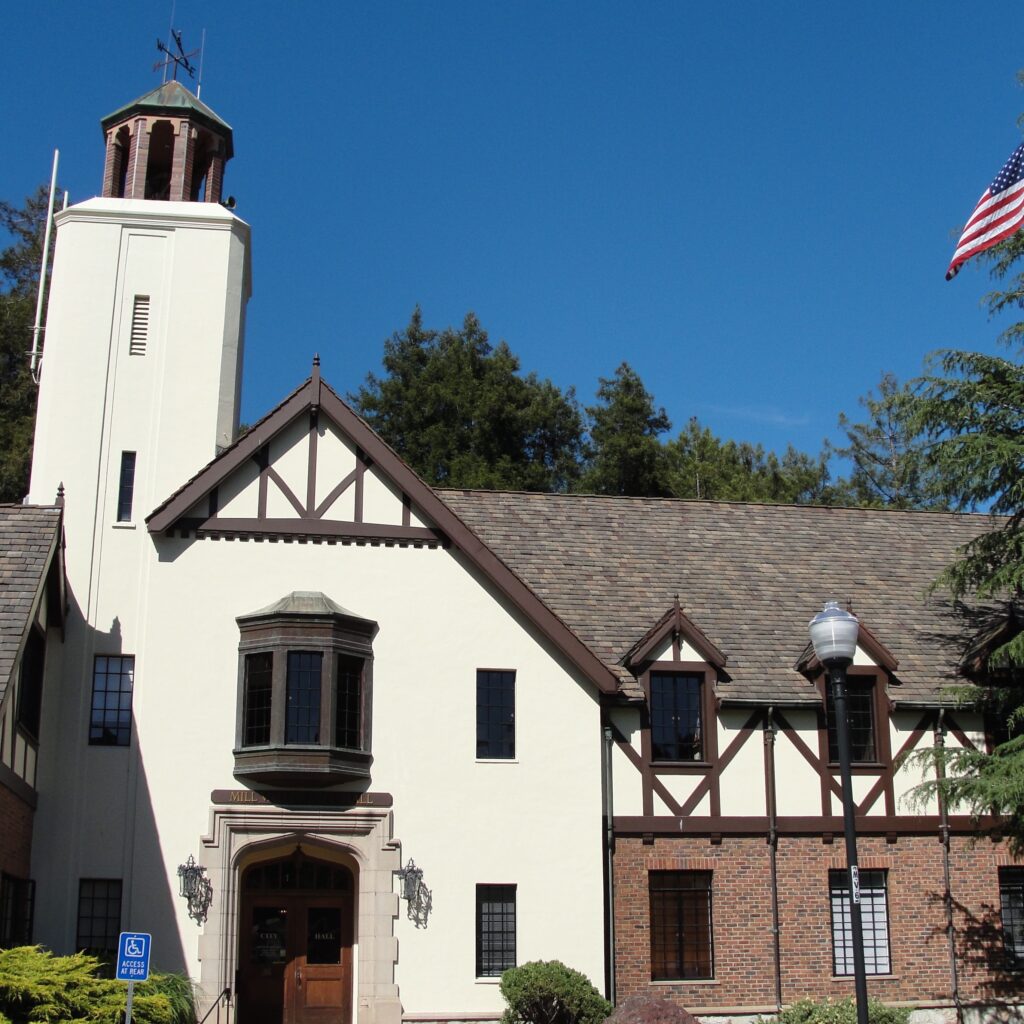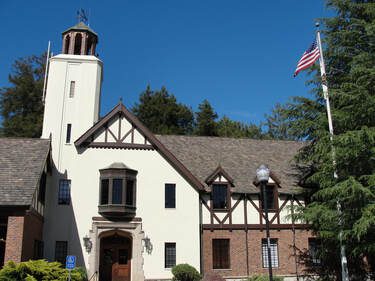
Should your favorite grocery clerks at Mill Valley Market be able to live in our community if they want to?
How about our firefighters, teachers and police officers? If the answer’s yes, how do we go about making that happen?
One of the more low-hanging fruit strategies in recent years has been via Front Porch, a non-profit organization that supports a family of non-profit communities, including service programs that provide support and connection to older people around the country. These programs include home sharing, which seeks to “promote and cultivate healthy communities for positive aging by matching residents with more house than they need with people looking for more affordable housing opportunities than Mill Valley currently offers.
In partnership with the Community Housing Foundation of Mill Valley, Home Match recently launched a shallow rent subsidy pilot to augment their existing services through subsidizing rent for low-income local employees.
“We made the first three matches of the pilot between June 30th and September 15th, and we’ve now allocated all of the dollars for the first round of funding ($50,000 over 2 years),” says Luke Barnesmoore, Front Porch’s director of strategy. “Per our eligibility requirements, all three participants make 60% of AMI or less and work in the City of Mill Valley. One recipient works two jobs at local restaurants, one works at the local high school, and one is a local small business owner who has a growing client base here in Mill Valley and reincorporated her business here to access the pilot. All three home providers are older adults with at or below moderate income as defined by HUD’s income levels.”
The collaboration between Front Porch and the Community Housing Foundation of Mill Valley arose from a pressurized moment in 2020.
That was when a citywide review of an array of options to potentially create an affordable housing development in town for the first time since 1986 quickly became largely a neighborhood’s defense of a pair of City-owned vacant lots near Scott Highlands Park. City officials backed off the park-adjacent lots as a possible location of, or as a funding source for, affordable housing but pledged their continued commitment to create affordable housing in Mill Valley.
Resident Charlie Wilmoth’s Community Housing Foundation of Mill Valley then began raising funds largely via residents of the Scott Highlands neighborhood. “Our neighborhood wanted to help provide affordable housing for our local workforce,” he said. “We received generous pledges of over $400,000, almost all from our local neighbors.”
“While the first round of funding is now fully allocated, we’ve received many inquiries from potential home providers responding to a direct mailer we sent out to the 94941-zip code early September,” Barnesmoore says. “We have three home visits scheduled and have also been in contact with two potential providers who are hoping to schedule home visits in the new year when their current tenants are planning to move out. A number of the potential providers have newly built ADUs and have expressed excitement at the prospect of being involved in a solution for our workforce housing shortage. They specifically mention needed to charge minimum of $2600 or more to recoup cost of building ADUs, but would love the opportunity to also support low income community members. Two of these potential ADU providers mentioned having used their units as Airbnb’s in the past but are motivated by the prospect of supporting the local workforce to start renting their ADUs as long-term rentals.”
Funds from the Community Housing Foundation of Mill Valley have moved the needle towards larger city-wide efforts to significantly boost the City of Mill Valley’s efforts to identify short-, medium- and long-term strategies to make sure that those aforementioned vital contributors to our community can live here. The work has been a major focus of city officials in recent years, and the long-overdue, much-needed conversations around diversity, equity and inclusion in town have raised the stakes even more. “This is a lovely effort that the city is taking on here to find room in our existing housing stock and create smaller opportunities,” then-Vice Mayor John McCauley said at the time of the early successes of the Front Porch initiative.
“It’s almost like a dating service but for housing, not for romance,” said Karen Coppick, the former senior director of Home match. “The main thing that we do is connect people seeking affordable housing with people who have more house than they need.”
In March 2020, the council approved its guidelines for the Affordable Housing Trust Fund, establishing the priorities for the use, distribution, and expenditure of trust fund proceeds. Those five priorities, listed here, include “projects that leverage existing, underutilized housing stock to create more affordable housing rental opportunities, such as Home Match program.
The program is part of a patchwork of city efforts stemming from 2017, when the City Council hosted an affordable housing summit and backed an affordable housing ordinance that includes a 1 percent City fee to be applied to all new housing projects and remodels costing $100,000 or more. City officials say the fee could generate approximately $375,000 annually, with revenue going into an affordable housing trust fund. The options on how to deploy that funding include acquiring properties, building multi-unit projects, renovating existing developments or finding ways to subsidize rental rates for workforce housing.
“There’s no grand slam when it comes to housing in Mill Valley,” Councilmember Urban Carmel said at the time. “We are hitting singles on this year after year. It costs a million bucks to do one big unit of affordable housing. We’ll do these for $10,000 each. If you have room in for you house or know someone who does, here is an opportunity for everybody to make a difference in your community.”


Keep me posted re home match